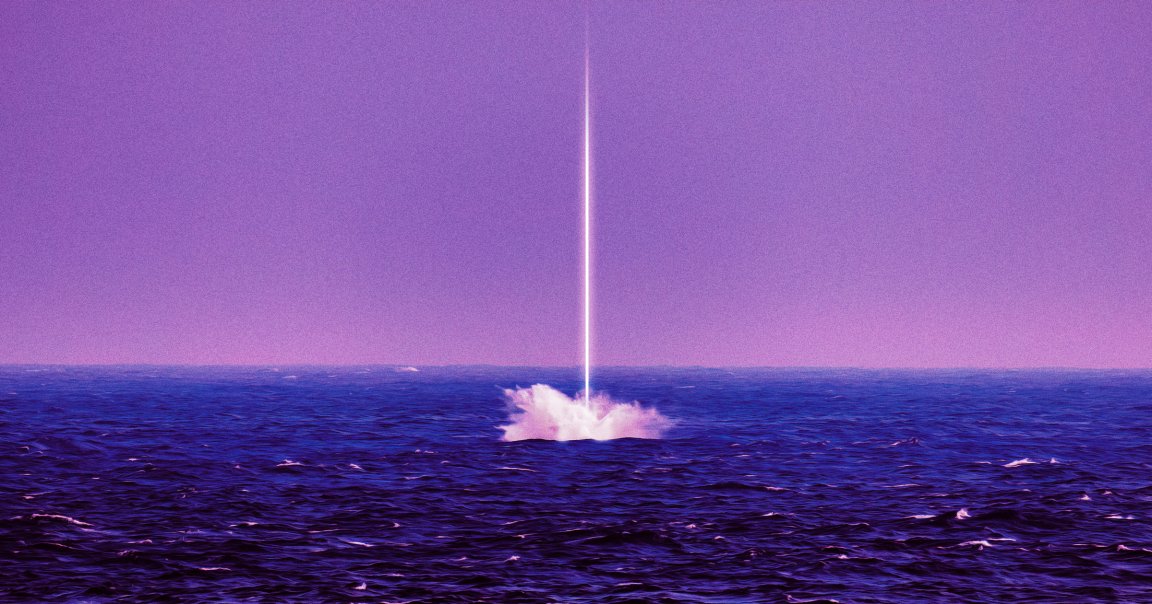
Hundreds of families shelled out to pay an out-of-this-world tribute to their lost loved ones — but tragically, their mortal remains ended up floating in the Pacific thanks to an error with the capsule they were riding in.
As the Chicago Sun-Times reports, a capsule containing the ashes and DNA of some 166 departed souls was slated to orbit Earth for three hours this week before being splashing down safely into the Pacific Ocean and being returned to the families of the deceased loved ones.
After orbiting Earth twice, the capsule operated by the so-called “space burial” company Celestis re-entered Earth’s atmosphere normally, but failed to launch the parachutes that would have given it a softer landing in the ocean. As a result, the capsule impacted the water and, as Celestis CEO Charles Chafer noted in a statement to the Sun-Times, “[dispersed] its contents at sea.”
“As a result of this unforeseen event, we believe that we will not be able to recover or return the flight capsules aboard,” Chafer continued. “We share in the disappointment of our families, and we offer our sincerest gratitude for their trust.”
One such family member, the son of the late Curtis Lau, had been very exhilarated by the prospect of sending his dad’s ashes into space with Celestis, which has conducted similar memorial spaceflights for nearly 30 years.
“It’s obviously a unique thing we are able to do,” 28-year-old Griffin Lau told the Sun-Times ahead of the launch earlier this week. “This was a wish for my father, so I also appreciate the ability to share his story and memorialize him.”
The elder Lau had been, as his son explained, a lifelong space enthusiast who would travel from his home in Wisconsin down to Cape Canaveral, Florida to watch rocket launches at the Kennedy Space Center. After he passed away last summer, his family decided to shell out nearly $3,500 to give his ashes a posthumous joyride in low-Earth orbit.
In the aftermath of the “anomaly” that caused his dad’s ashes to meet a watery grave, however, the son was less stoked.
“It’s a bummer,” Lau said, “but admittedly, they take only a small part of the remains.”
More on space mishaps: Nobel Prize Winner Warns About Astronomers Using AI to Make Discoveries